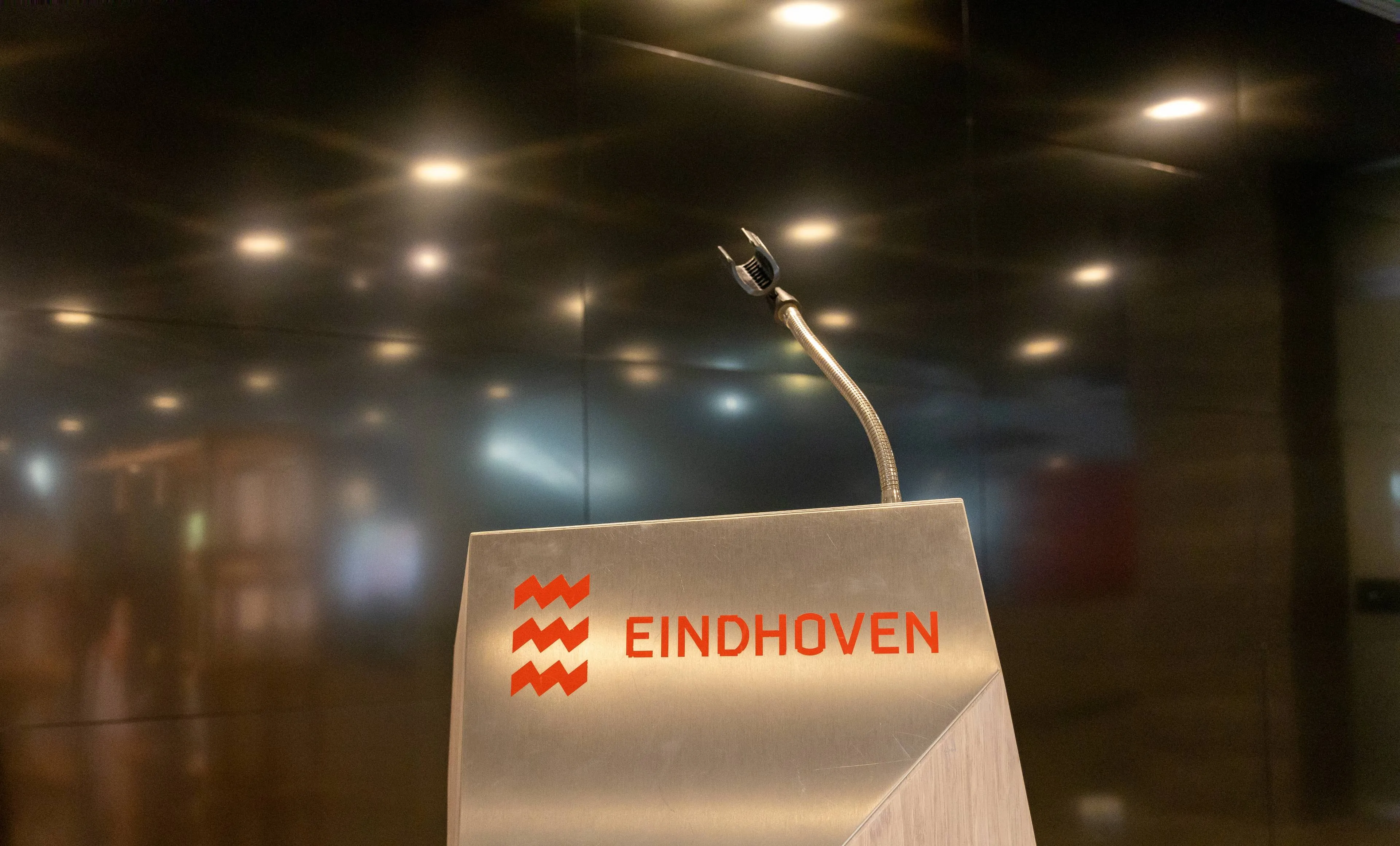Groene agitprop tegen schaliegas
Normale mensen zullen blij zijn met de recente vondsten van gigantische hoeveelheden schaliegas in de Europese bodem, die, zoals het er thans uitziet, gedurende vele decennia aanbod van energie tegen betaalbare prijzen lijken te garanderen. Onze groene vrienden zijn daar echter minder gelukkig mee. Hoe kunnen de door hen geprefereerde extreem dure energiebronnen (wind- en zonne-energie, alsmede biomassa) hiermee in godsnaam concurreren?
Wat te doen? Zoals dat ook voor steenkool, olie, gas en kernenergie het geval is, kiezen zij voor een tactiek van agitprop tegen schaliegas. Hoe? Door elk denkbare negatief neveneffect van de winning daarvan tot het oneindige toe uit te vergroten.
Lees bijvoorbeeld wat in de Guardian daarover wordt geschreven.
Onder de titel, 'Is fracking environmentally friendly?, komt Andrew Sims met een litanie aan mogelijke bezwaren.
Shale gas and tar sands are big, sticky and controversial. Energy-intensive and messy to extract, the fossil fuel industry sees them as a buffer during the dying days of conventional cheap oil. In Canada, the debate has taken an almost hallucinatory turn, rightwing blow-hard political activists have begun promoting tar sands as "ethical oil". The intellectual gymnastics are achieved by implying that the exploitation of oils sands can replace importing oil from the oppressive regime of Saudi Arabia.
In the UK the debate has been important but distant, until now that is, and apparent confirmation that large amounts of shale gas lie beneath Lancashire. An inverse relationship seems to exist between the overall prospects for the oil industry, and the excitement generated by any new fossil fuel find.
So, after the hype, how positive should we be? The Tyndall Centre at Manchester University observed that the "fracking" process pumping a liquid cocktail of water, chemicals and sand into rock to release the gas represents real and substantial risks to people and the environment. Even though this is gas from shale, rather than tar sands, as an "unconventional" fossil fuel it has in common with sands a higher climate impact than conventional gas. That's because fracking releases more methane which is a potent global warming gas.
What's more, our regulators seem to be hopelessly ill-prepared for the rapid development of shale gas in the UK. In spite of all these concerns, and others, the company behind the find and potential development, Cuadrilla Resources, probably feels it has a trump card. In times of recession, and other times too, the favoured gambit to suspend all debate and win your case is to talk about the promise of jobs. A potential number of 1,700 has been quoted in the area the company are licensed to operate in. And yet, of course, equal if not greater numbers of jobs could just as easily be created with all the work that needs doing to reduce our energy usage: the employment intensive task of making homes and offices more energy efficient so that we need less gas in the first place, and creating the wide range of renewable energy alternatives that Deutsche Bank concluded in a study produces between two and four times more jobs for every pound invested.
This won't be the last example, but there's something of an air of desperation about the tenacious clinging to the old fossil fuel economy. Each glimmer of continued promise is greeted with the nostalgic flush of the ageing diehard still longing for the return of the dictator. But its time to move on and lay the foundations of the modern clean energy economy, it will be better for Britain's short- and long-term economic prospects, and better for the planet.
Hoe verzin je het? Maar, eerlijk is eerlijk, The Guardian publiceert ook het weerwoord van een voorstander, Rob Lyons:
The rapid rise of shale gas has been possible thanks to recent developments in hydraulic fracturing: basically drilling horizontally into rock formations deep underground, using charges to blow cracks in the rock, then using fluid (over 99% of which is water and sand) to keep those cracks open to allow gas to escape.
World Energy Outlook suggests that alongside conventional sources of gas, unconventional sources like shale gas could supply the world's gas needs for 250 years at current levels of consumption. At present, the majority of shale-gas output is in the US, but the announcement that there may be large reserves in the UK suggests that shale gas could become a very significant part of energy supplies here, too.
Burning gas produces fewer greenhouse gas emissions than coal or oil because the ratio of hydrogen to carbon in methane is higher. It's not a low-carbon energy source, like renewables or nuclear, but it is certainly lower carbon. Research from Cornell University published earlier this year suggested that shale gas was as bad, if not worse, than coal. But, as critics have pointed out, the paper is flawed in both its methods and its data.
Gas can be used for heating and to generate electricity, but it can also be used as a substitute for oil for motor vehicles. Compressed natural gas is already widely used in developing countries. Worldwide, there were 11.2m natural gas vehicles by 2009.
Those who oppose gas tend to raise two main objections.
First, that gas will distract investment from renewables. Given that wind power in the UK is currently extremely expensive and only feasible through large subsidies, that's no bad thing. Gas could buy us some time so that we can implement renewables when R&D has made them more cost-effective. Using more gas would provide quick and relatively cheap emissions reductions. If the UK does indeed have substantial supplies of gas, it would provide energy security, too.
Second, there are fears of water sources being contaminated either with methane or with chemicals used in the fracking process. However, the gas resides at much deeper levels than the water table and the pipes are sealed with concrete. The industry should, of course, be held to high standards over the quality of those concrete seals, but the claims made about problems caused by fracking seem to be greatly exaggerated. With the world's population heading toward nine billion by mid-century, and with more of those people having access to electricity and motorised transport, we will need all the energy we can get. Turning our backs on a major source of cheap, easily used and lower-carbon energy seems perverse.
Lees verder hier.
George Monbiot (grappige naam overigens voor een Engelsman), een vooraanstaand Brits broeikasvangelist, haalt ook weer van alles uit de kast om het goede nieuws te vergallen. Volgens hem moet er goed worden gekeken naar besmetting, watergebruik, broeikasgassen en het effect van het gebruik van schaliegassen voor de opwarming van de aarde (die maar niet wil komen).
Lees verder hier.
Ook de Britse klimaatTorquemada, minister Chris Hume ligt dwars, zoals Benny Peiser bericht:
The knock-on effects of a shale gas revolution could be just as staggering: cheap energy would make UK manufacturing more competitive, gas and electricity bills would fall significantly and the rising trend in fuel poverty could be reversed. If there ever was a potential silver bullet to tackle Britain's economic and financial problems, shale gas has placed it on the government's table.
But cheap and abundant shale gas is a competitive threat to all forms of renewable energy and also to the coal and nuclear industry. Vested interests have turned against shale, using flawed and misleading environmental arguments to protect their market share. Chris Huhne in particular is renowned for his uninhibited antagonism towards natural gas. At the Liberal Democrat party conference in Birmingham last week he promised to halt a new "dash for gas" because it would undermine the UK's unilateral climate targets. Huhne's main concern, however, is not CO2 targets that could be met quite adequately if Britain were to switch from coal-fired to gas-fired power generation. His real apprehension is that if a significant amount of cheap shale gas were to enter the UK market, it would almost certainly deter investment in expensive renewables.
Lees verder hier.
Kortom, onze groene vrienden zijn weer bezig om van alles en nog wat te verzinnen om zand in de raderen te kunnen gooien van deze aantrekkelijke energieoptie. Ik denk overigens dat het ze niet zal lukken.
Ga verder met lezen
Dit vind je misschien ook leuk
Laat mensen jouw mening weten
Lees ook
Loading


